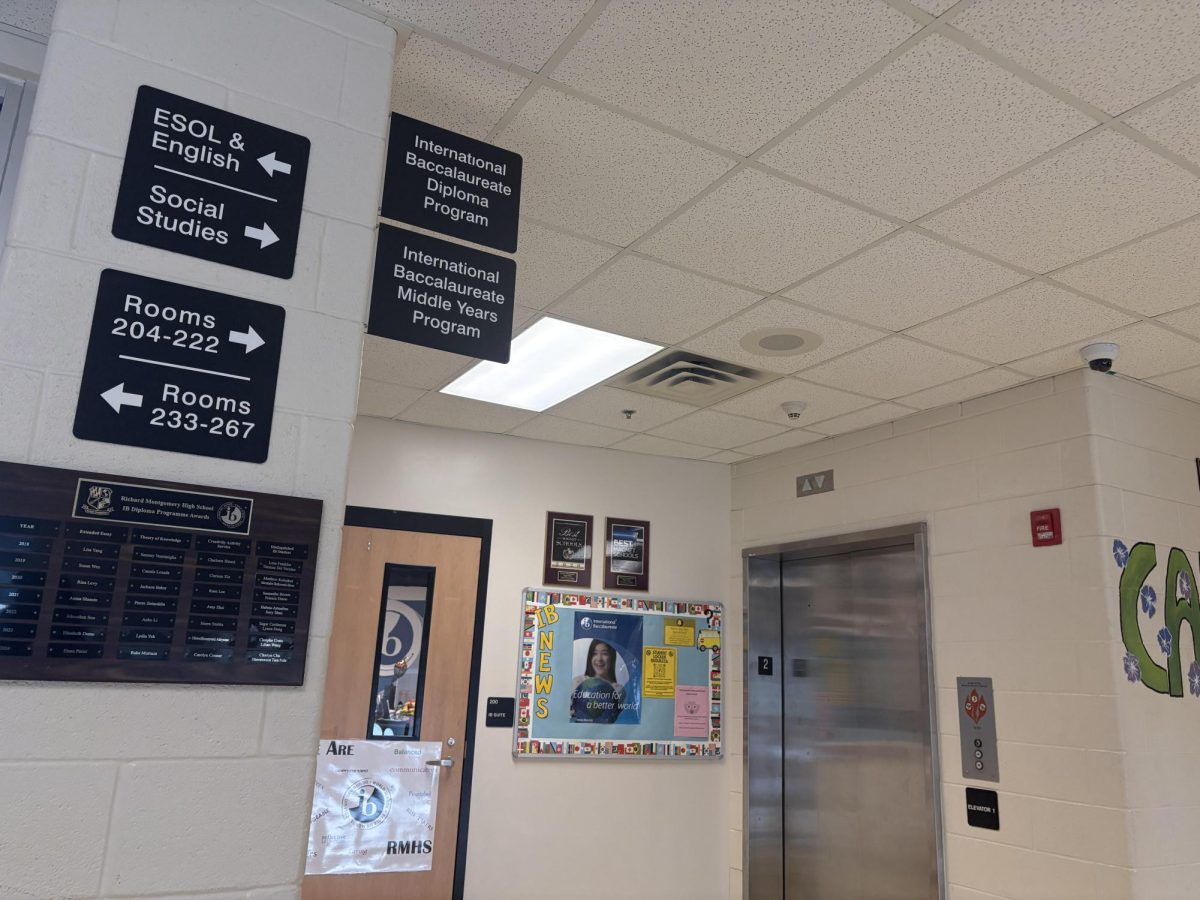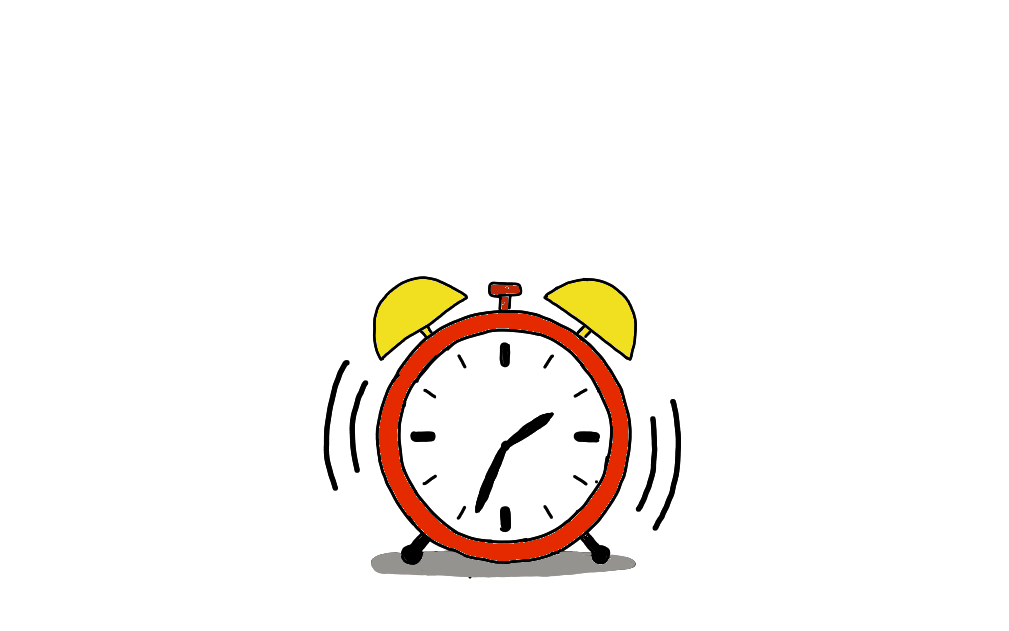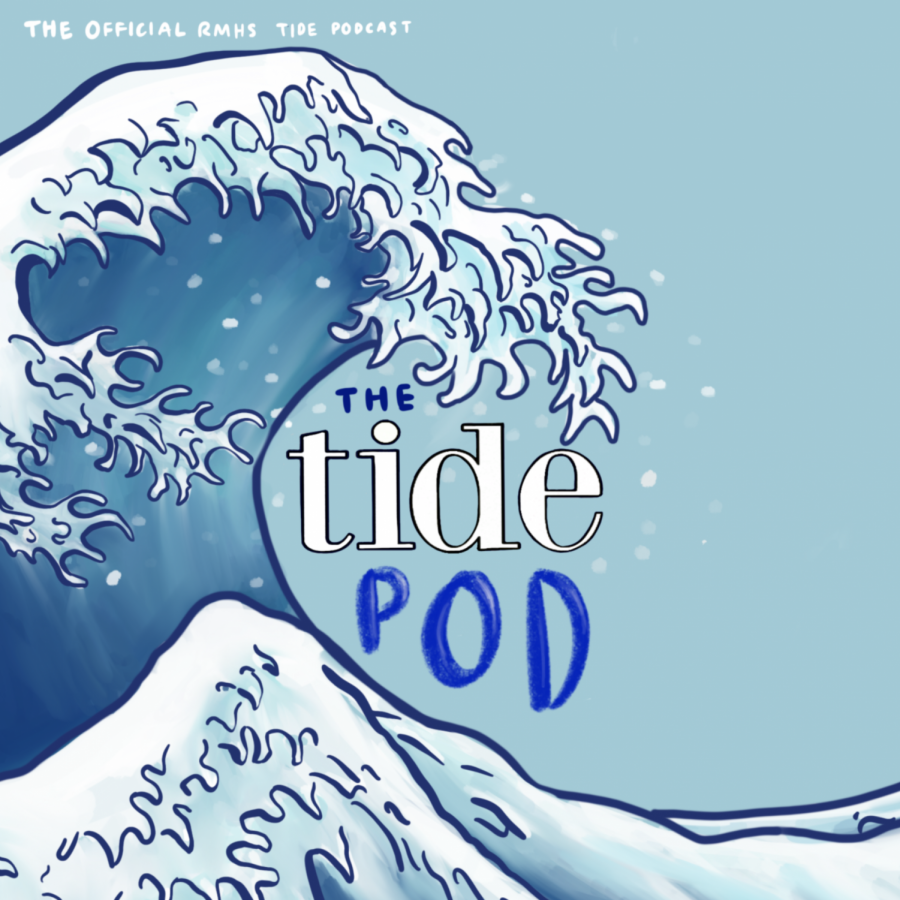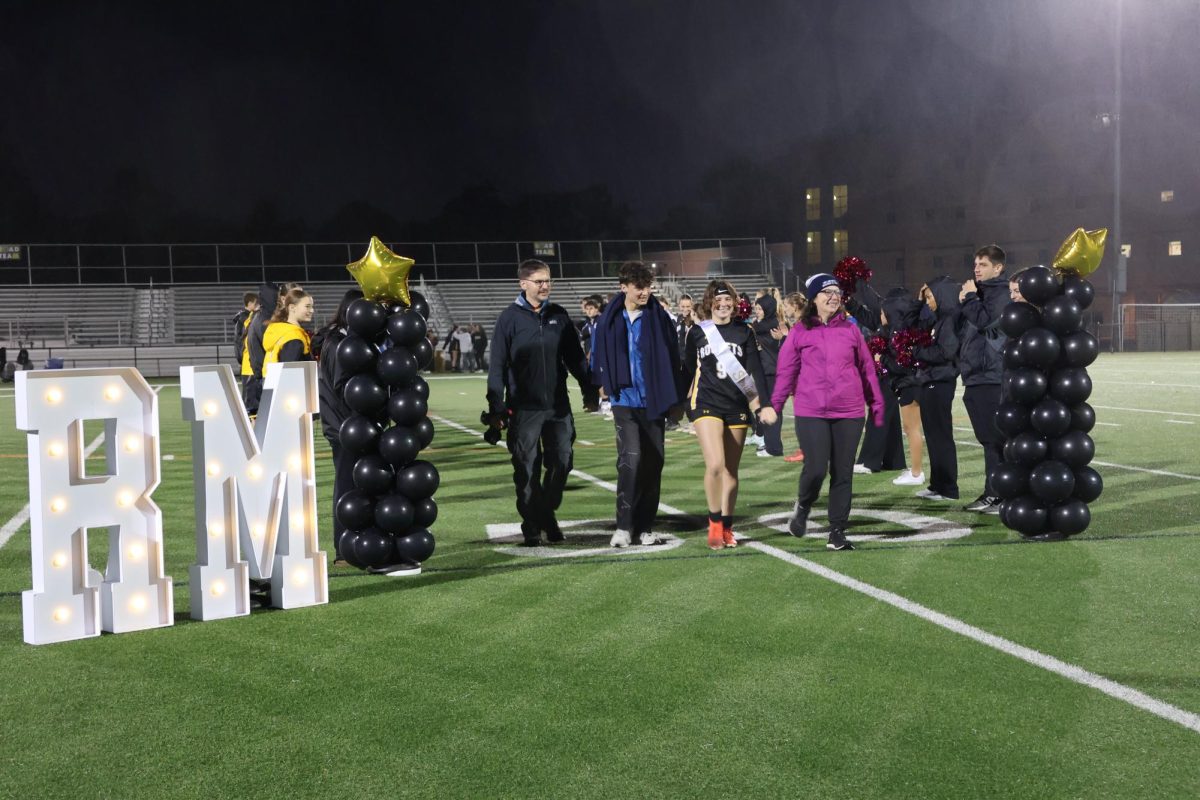The process of applying to college feels more competitive than ever before. Students continue to obsess over numbers and letters that allegedly reflect who they are as a student—or rather, how well they fit into the mold of the “perfect student” colleges want to accept. Some schools in the U.S. continue to use an outdated and arbitrary system to measure student performance: class rankings.
A class ranking system can create a competitive academic atmosphere where students become hyper focused on their ranking and perception, sometimes tying it to their self-worth. “Class ranking is an absolutely degenerate and repugnant relic of a barbaric age,” senior Josh Fan said. “People who would push for it are ignorant and paltry, seething with hatred and envy over a competition that doesn’t exist. They shall not crucify us like this. Rather, we will bury them.”
Thankfully, MCPS recognizes this entitled folly of human nature by abolishing this criminal system. But what if we had class rankings? Each school does it differently, but GPA is the universal metric of academic worth. Today, many students study relentlessly and stack their schedules to create the perfect transcript for top-tier universities.
“Class rankings are a complete joke that incentivizes competition over cooperation,” senior Jason Parks said. This opinion is shared by other students. “Well honestly, I don’t really like the class ranking system, because I feel it puts unnecessary pressure on students to be better th[a]n the people around them when they should be focusing on working together to solve problems,” senior Shad Frantz said.
Alternatively, class ranking can be the great equalizer. Miraculous for their uncanny ability to overlook extenuating circumstances, they are able to put students with stable homes and those who couch surf through life onto the same playing field. Rather than being selfish, class ranking is able to generously pass along this craved trait of oblivion to the students.
Why encourage diversification and exploration if young minds could be confined within the walls of tradition? Who cares if a student likes forensics if taking multivariable calculus would be better at boosting their GPA? Who cares about individual growth and aspirations if students have a ranking to maintain? Let’s face it, acquiring knowledge and developing critical thinking skills are overrated.
Class ranking stimulates short-term goal formation and rote memorization like nothing else. Who cares about understanding the derivation of derivatives; as long as students can recite popular opinions, random dates and the binary code, their education is deemed a resounding success.
Isn’t it also more thrilling to treat a gradebook as a lottery ticket? Sure, students might have worked incredibly hard throughout high school, but rankings play fiddle to the fickle grading policies of teachers and exciting quirks on exams. But hey, that’s the beauty of it–life is just a roll of the dice, right? School is also much more exciting when everyone is at each other’s throats. Why foster collaboration when you can pit students against each other in a vicious battle for a prize?
Just like the Hunger Games but with more tears and less sleep, class rankings nurture a thriving garden of toxicity that leaves no one untouched. By putting our students through character-building struggles such as overwhelming self-doubt, anxiety and backstabbing, class ranking systems teach them the survival skills they need for their first office job. What’s better than leaving high school with a resume full of honors and a list of burned bridges?
In our modern-day education system, class rankings perpetuate injustice, confinement and meaningless education. In these formative years, students learn to deceive and cheat to preserve their honor, which primes them for future problem-solving habits in relationships and work. While there are some disadvantages to class rank, the positives seem to outweigh the negatives—if society considers acting like the Grinch a positive.














